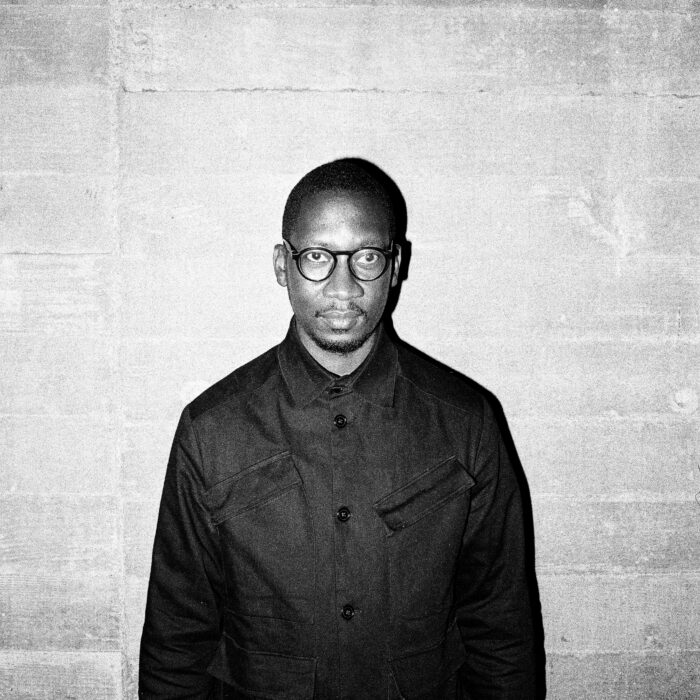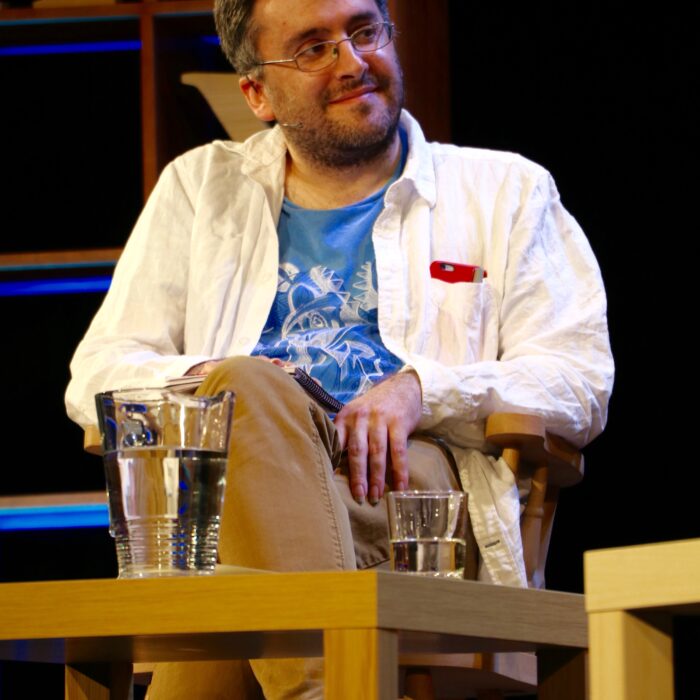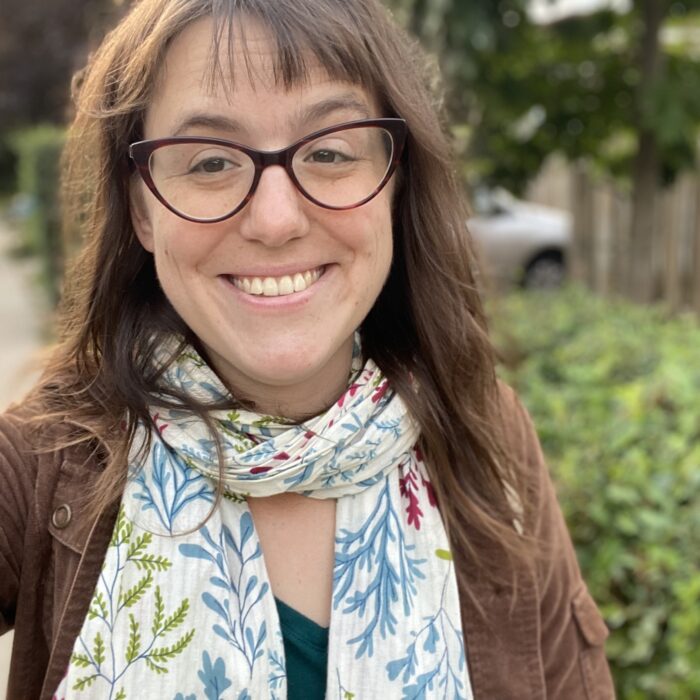You have no items in your cart. Want to get some nice things?
Go shopping In a new, irregular series we’re calling Back from the Dead, in which long-dead writers return to interview the hottest new literary talent, medieval urban satirist and tax-collector Geoffrey Chaucer meets young gun Ross Sutherland, whose debut collection of poetry has just been published by Penned in the Margins.
In a new, irregular series we’re calling Back from the Dead, in which long-dead writers return to interview the hottest new literary talent, medieval urban satirist and tax-collector Geoffrey Chaucer meets young gun Ross Sutherland, whose debut collection of poetry has just been published by Penned in the Margins.
Maister Sutherlande, much liketh me the diverse wys of thine booke of poesie Things To Do Before You Leave Town – somtyme yt maketh me lusty, sometyme yt causeth woe. In feyth, how doth yt maketh yow feele?
Well, Chaucer, I try my best to feel lusty.
The book is all about periods of transience: people leaving their homes, their childhoods, relationships, and so on. There’s no denying the sense of loss that comes at these times, and consequently there’s a fair amount of it in the book. It’s just there; I don’t need to emphasise it.
But at the same time, these periods of transition can be really liberating. The normal rules of consequence don’t apply. It’s liminal time: you get to turn the tables on people. You get one last chance to do what you want, and I think there’s a lot of joy in that. One of the most joyful sentences in the English language is, “Ha! What are they going to do? Sack me?” I try to say it every day before lunch.
Myn Tales of Canterburye (whiche yow may knowe) eek telle of joly felawes leauing towne for to maken pilgrimage. Are ye aware of the lawes copyrighte? Ich jeste… Sikerly, which toun ys yt and why did yow departe?
Edinburgh, Newcastle, Liverpool, London, Manchester, to name a recent few. The pilgrimage has been radically improved by the introduction of the Virgin Pendolino. Each of these moves has been motivated by either new love or new work or just plain restlessness. I think it’s easy for me to look at this list as a list of failures: places where I couldn’t sustain myself. But I don’t feel like I’ve left any of these cities behind. I’m always coming back to them. We live on an island after all. Nowhere is that far way.
Why ys oure Lorde Jesu Crist on the cover of the booke? Are yow a goldy man, or a fikel Lollarde perchance?
Worse. I’m a fraudulent hedge priest. The biblical references came about because, well, Judgement Day just seemed like the ultimate untimely exit. The apocalypse turns up a few times in the book (mostly for comic relief) and I thought that it would be fun to draw on the iconography of the gates of heaven for the cover, where you get the big gate in the sky with the corridor of angels. Designer Doug Mercy took that idea and ran with it, so now the angels have been replaced by Pac-Man arcade machines. But it works for me.
Which makir of rymes hath giuen yow inspiracion for yer werkes?
I tend to have flavours of the month, so I’m always on the look out for new sources of inspiration. My current squeeze is David Berman. I can’t stop reading him. If possible, I would like to live in a Dave Berman poem. It would be like living in a perpetual state of 5:30pm on a Friday.
Whan that I am nat werkynge on poesie or tales diverse yt ys mine busynesse, ywis, to looken and controlen alle the peple that passeth thurgh the gate of Aldegate in Londoun. Hastow oother labour for to maken siluer?
I teach most days, and I do ‘gigs’ most evenings. There’s barely any time life for werkynge on my poesie. Most of it gets done between 11pm till 6am. I’ve always enjoyed the teaching side of being a writer. Probably because I very rarely have to teach writing. itself Instead I get to help record a hiphop album with a bunch of school kids in Liverpool, or I get to lecture university undergraduates on Electronic Literature, or run a workshop on alternative comedy for a delegation of Catholic English Teachers.
A-last, mine frende, yf yow couldst choosen eny oother man to pleye the parte of yow yn the movie of thyn life, who wouldst yt be and why?
Current Metallica bassist, Robert Trujillo.
Graunt-mercy, Ross.




